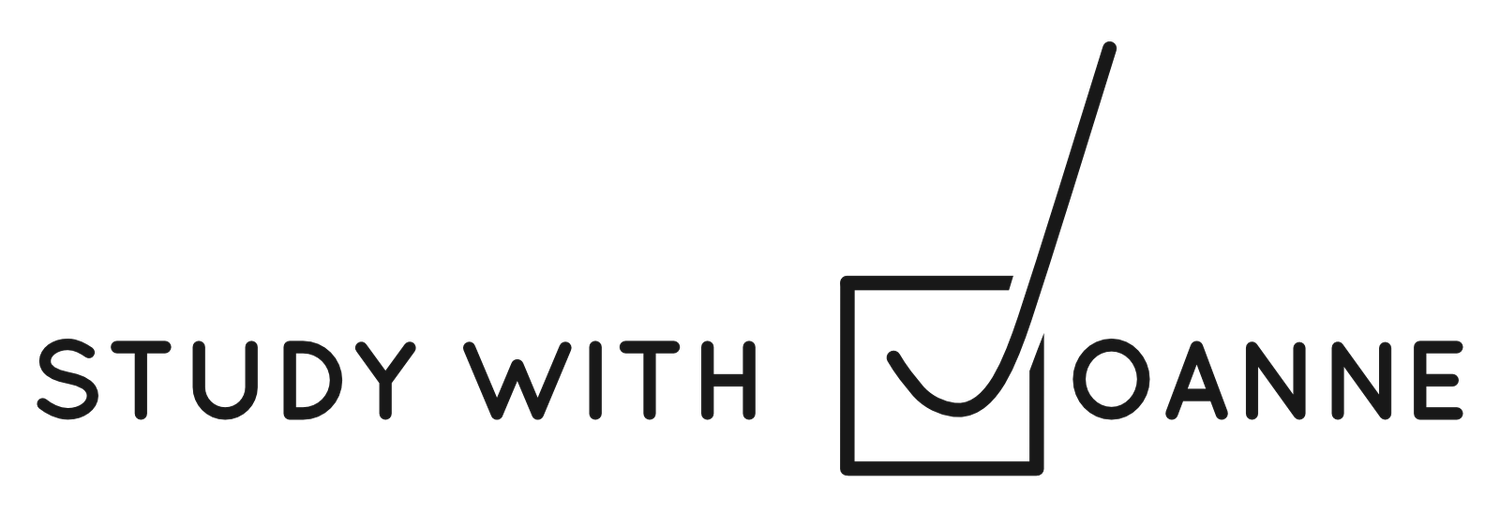Seeking Support
When I work with students in one-on-one appointments or in workshops, I always reiterate that, at the end of the day, their report cards are just grades. Their report cards and transcripts won’t indicate how many times they had to ask for help. It’s grades, and that’s it.
Why do I make this point? I want students to know that they should never hesitate to seek the support that they need to be successful in their classes. Having a support network will go far in helping you thrive in school. A huge portion of academic excellence is knowing when to ask for help. Support could come in many forms, and I’ll share some in this blog post.
Your teachers. They want you to succeed and they want to support you, but they may not realize you are struggling if you don’t reach out for help! Asking for help from a teacher is a great way to build a connection with your teacher and learn more about topics that challenge you. I always recommend that students ask their teachers questions because it makes them more aware of their own learning process and encourages critical thinking.
Tutors, including peer tutors. Tutors can be immensely helpful for deeper, one-on-one work. While a teacher might be able to answer quick questions regularly, a peer tutor would be a great option for those who need extra time, more confidence to ask questions, and individualized attention (that they wouldn’t ordinarily get in a crowded, fast-paced classroom). Tutors are wonderful because they can become familiarized learning style and modify their teaching methods accordingly.
Meeting with a Learning Strategist like me! As a Learning Strategist, I am an academic specialist who can equip YOU with the tailored tools you need to face challenges that interfere with your learning. For instance, I can help with organization, reading and note-taking techniques, breaking down your assignments into manageable pieces, setting goals, and scheduling your week for maximal efficiency. Ultimately, I believe all students will benefit from learning how to learn, and my job is to teach you to learn! If you think this is something you might benefit from, please do not hesitate to shoot me an email at studywithjoanne@gmail.com, where we can chat about a consultation and next steps.
A role model. A role model is someone who has the qualities you want to have (e.g., optimism, creativity, strong listening skills) and inspires you to grow into a better person. A role model might be a leader in your community, a trusted teacher, a family member, or a peer. In my opinion, a good role model should be someone whose behaviour you hope to emulate, and who makes a positive impression on your life.
Your school’s website. Many educational institutions have pages full of services and resources to support your academic success—free of charge. These usually have a wide variety of research-backed tips and strategies that you can learn. You’ll probably find a diverse array of videos, workshops, supported learning communities, tip sheets, and more! I strongly recommend taking a browse.
Your school’s advisors, mentors, and counsellors. There are many people at your school with different skillsets that you can take advantage of. For instance, faculty advisors can help you manage your academic situation during a time of financial difficulty or share tips about choosing a minor. Other academic mentors can offer research opportunities or give career advice on your field of interest.
One of the best ways to improve academic performance is to proactively seek support with your learning. Most successful students do seek help from others when—or even better—before they encounter academic challenges. As someone who was not explicitly taught to ask for help, I can understand where people may feel reluctant to ask for help. However, the belief that “asking for help is a sign of weakness” could not be further from the truth. Counterintuitive as it is, seeking academic assistance is linked to many positive outcomes and makes YOU more efficient and resourceful.
In conclusion, regular help-seeking can help alleviate difficulties throughout your entire academic journey. Happy studying!
